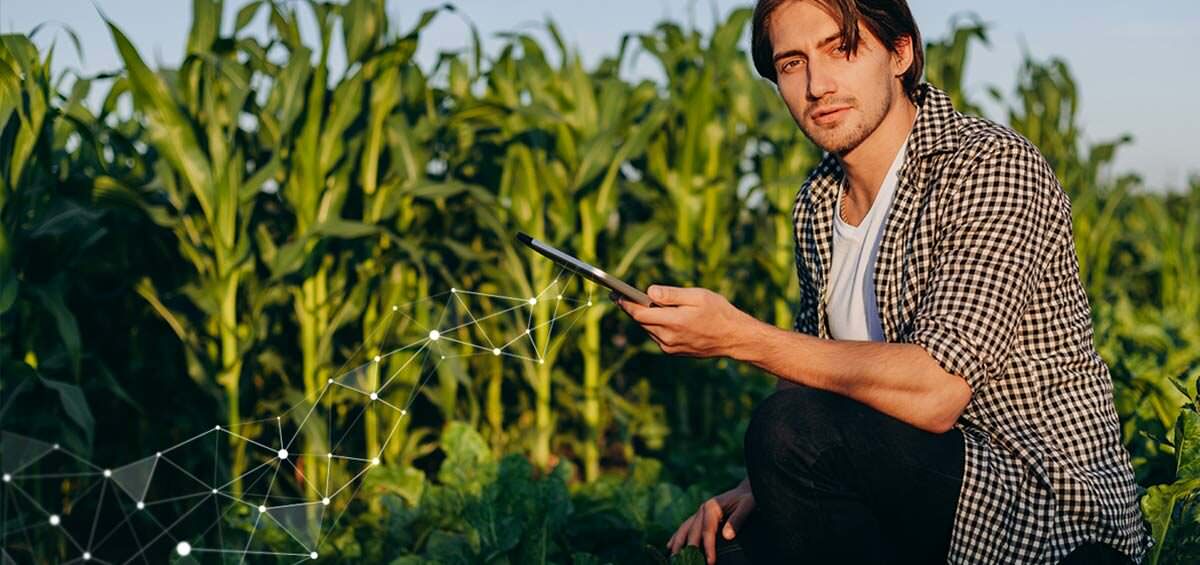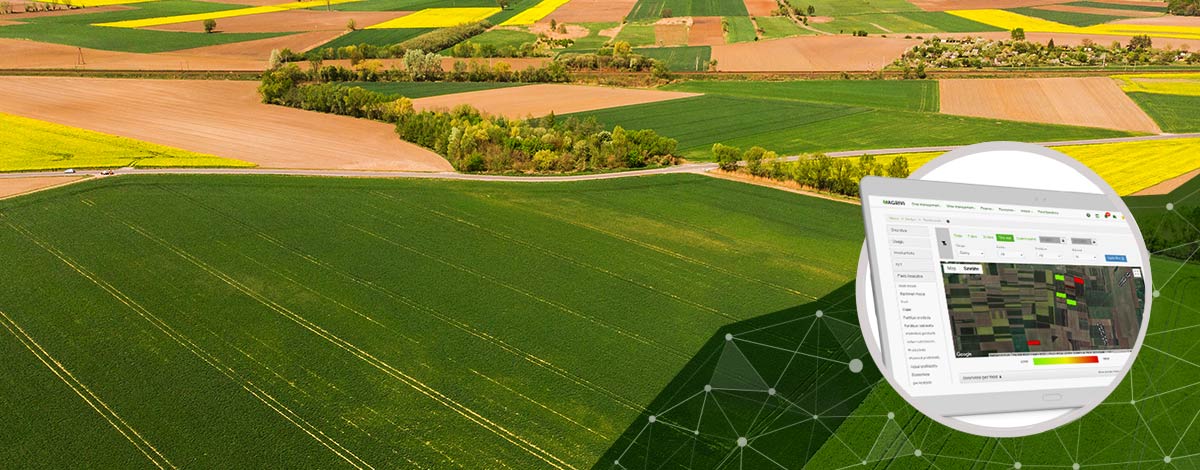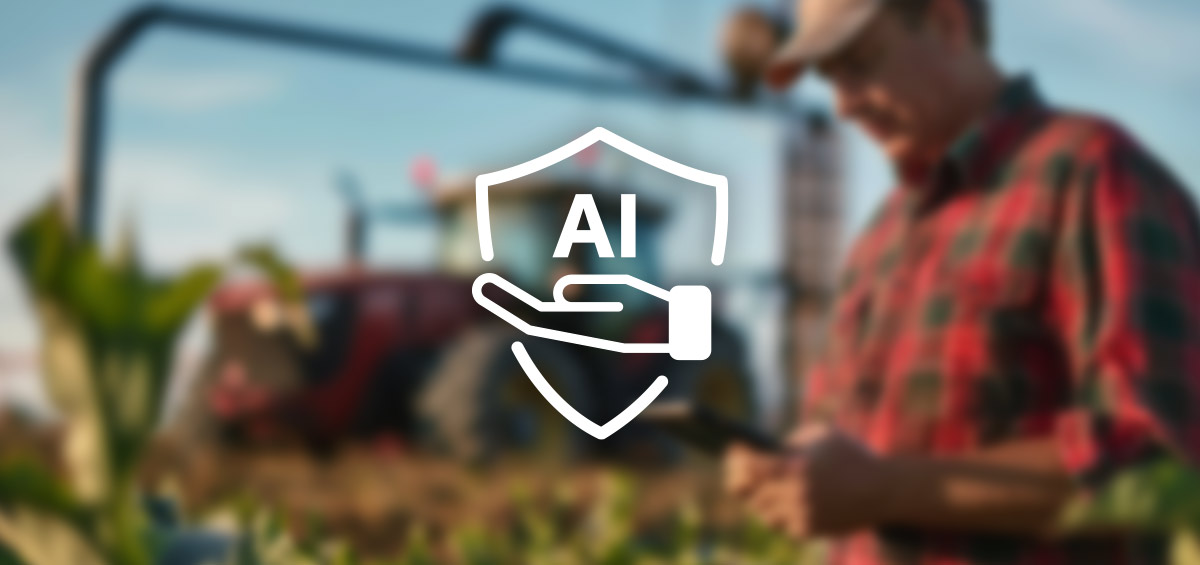A growing global population with deteriorating natural resources and increased urbanization means more people to feed with less water and farmland. To feed the world in a sustainable way, producers need to grow more food while reducing negative environmental impact.
As a response to that global issue, European Union has brought a Green Deal Initiative.
The Initiative aims to boost the efficient use of resources by moving to a clean, circular economy, stopping climate change, biodiversity loss, and cutting pollution. To achieve that, the EU created a set of transforming policies and one of them is Farm to Fork Strategy, aiming for more sustainable food production.
Transforming Food Production
Food production directly depends on the climate and the environment, but it is also a significant contributor to climate change and environmental degradation. For this reason, there is a strong need to transform food production to be more sustainable, while at the same time ensuring food security, health, and nutrition. Luckily, today number of food companies that are converting to more sustainable production is increasing. By doing so, they are not only contributing to a Green Deal Initiative but also providing additional value to their customers. Because, by purchasing products from companies that embrace sustainable production standards and meet SDG goals, customers feel like they are doing more than just shopping for the food and beverages.
5 Ways of Achieving Sustainable Food Production
AGRIVI farm management platform helps food companies to achieve more sustainable production and lower their environmental footprint in 5 simple ways:
- Sharing sustainable and climate-smart practices
To achieve a sustainable supply chain by controlling climate and environmental footprint, AGRIVI provides food companies a possibility to share their farmers the knowledge about climate-smart practices for each crop separately. Besides improving sustainability, sharing the key growing practices to the network of farmers can be beneficial for improving their productivity, food safety, and nutritional value.
By setting the pre-defined standards, companies have the possibility to directly guide each farmer in their network on how to produce a specific crop in an efficient, and sustainable way. For example, a company can set a standard of performing field scouting before every spraying. That way, the farmer will need to provide evidence that he has performed a field inspection and found the signs of infestation. In other words, the company will make sure that their farmers perform reactive instead of preventative spraying. As a result, all farmers in the network will lower the usage of agrochemicals and lower their environmental footprint.
- Monitoring and analyzing performed practices
To make sure that all farmers in the network apply sustainable and climate-smart practices, companies need to monitor their production. For example, just by monitoring the usage of machinery and usage of fuel, companies can see did farmers lower their contribution to a global gas emission during the specific period. In addition to that, companies can also analyze the list of performed farm activities to see did farmers perform some unnecessary tillage or how much nutrients from fertilizers each farmer applied, especially checking the usage of Nitrogen.
AGRIVI farm management platform supports companies in all of these aspects by providing production traceability through the vertical integration of the agricultural supply chain.
- Monitoring weather conditions and planning every field entry
Every unnecessary entry into the field contributes to global gas emissions. For this reason, it’s important to monitor weather conditions and perform specific activities when only weather allows that. By doing so, farmers will lower the impact of heavy machinery on the soil.
By doing so, they will also lower fuel usage and their contribution to global gas emissions. For example, if farmers don’t have precise weather insights and perform spraying just a few minutes before the rain or wind occurs, they will contribute to environmental pollution. On the other hand, if farmers use AGRIVI to have precise weather information or get weather alarms, they can perform their activities only when the weather conditions are favorable and that way lower their environmental footprint, but also save additional money due to more efficient usage of resources.
- Reactive spraying instead of preventative
According to the Green Deal Initiative, to achieve more sustainable food production, Europe needs to reduce the overall usage of pesticides by 50% by 2030. AGRIVI supports companies and farmers in performing reactive instead of preventative spraying by providing accurate pest and disease alarms and remotely scouting locations through satellite imagery. Based on that, farmers can perform additional field inspections on detected problematic areas and check what is happening with their fields and crops. If there is an actual threat of a pest or disease infection, then a farmer will perform reactive spraying.
- Reporting for complete production traceability
Having a complete insight into the production processes is key to ensuring a sustainable value chain. AGRIVI provides food companies with more than 30 different reports which can be used for national legislation, as well as for the internal needs to see which areas of production can be improved to achieve more sustainable and environmental food production.
With digital agriculture solutions, the adoption and monitoring of climate-smart and resource-efficient agricultural practices can be simple. If you are also interested to embrace the Green Deal Initiative, contact us now and change the way the food is produced.






